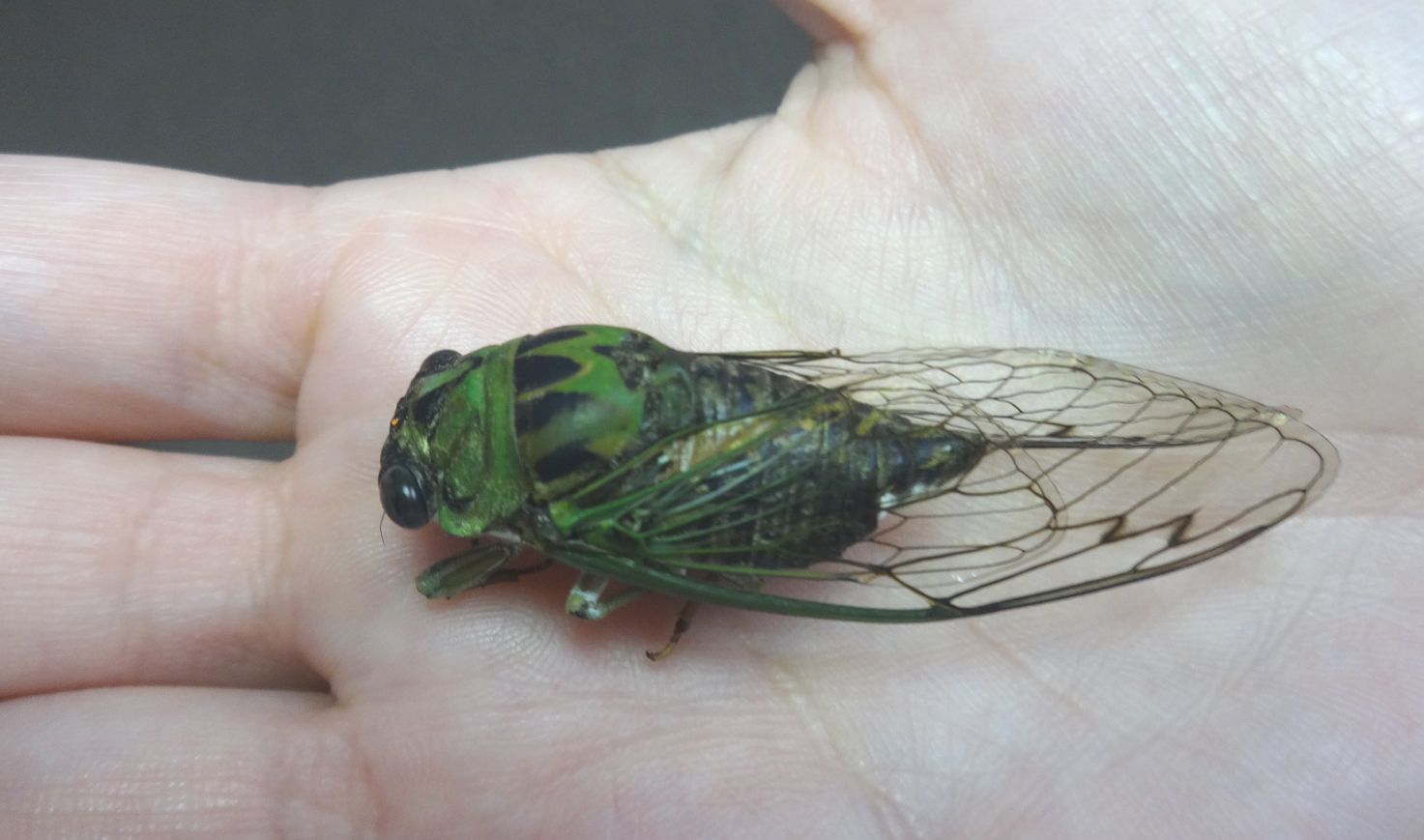Nutsedge and wasps typical pests here
Published 12:00 am Friday, July 18, 2014
SALISBURY — Late July and August are the months when weeds, insects and other pests seem to flourish in our landscapes. Many homeowners continue to call or email with questions on how to control pests in our gardens and landscapes. Below are a few questions posed to Cooperative Extension agents over the past few days.
Question: We have some type of grass in our flower beds that grows even more when we pull it up. Can you identify this grass and give steps on controlling this weed?
Answer: You have yellow nutsedge, which is a very difficult weed to control. Most think of the weed as a type of grass, but it’s actually classified as sedge.
The blades are triangular shaped and grow very rapidly, especially in hot, humid weather that we’ve experienced over the past few weeks. Unfortunately, yellow nutsedge forms tubers (nuts) at the tips of the rhizomes. During the growing season, plants spread by rhizomes or underground stems producing “daughter plants.”
Yellow nutsedge begins forming tubers at the tips of the rhizomes maturing in late July to mid-August. Spot spraying with a systemic herbicide such as glyphosate (Roundup) will control the newly emerged nutsedge, however, the sprouts below ground generally continue to emerge and be a problem. Many landscape maintenance professionals prefer to use a post-emergence herbicide with the active ingredient Halosulfuron-methyl to control the weed. It’s often sold as Sedgehammer or other trade names in local garden shops and retail outlets. Go to http://www.clemson.edu/extension/hgic/pests/weeds/hgic2312.html for more detailed information about the yellow and other sedges.
Question: I have large holes in my yard made by yellow wasps. What are these and how do I control them?
Answer: You have cicada killers. These are non-aggressive insects that feed exclusively on cicadas. Generally, they are not a problem, but can be a nuisance in lawns and often frighten people. Go to http://granville.ces.ncsu.edu/2009/07/cicada-killer-wasps-now-active/ for more detailed information about the insect.
Question: I have a hummingbird feeder that is being visited often by squirrels drinking the nectar. Is this common and how do I keep the squirrels away?
Answer: With dry weather, squirrels will be attracted to hummingbird feeders. If you move the feeders or take them down for a few days and put them back you can break the cycle for a short period. Trapping squirrels is the only way to effectively control them.
Question: We have shiny black wasps hovering over our lawn after the big rain last night. What are these and are they dangerous?
Answer: What you have sounds much like a scollid wasp. These are beneficial wasps that feed on white grubs of green June beetles. They do not sting unless greatly aggravated or captured in the hands. They fly a few inches above grub-infested soil often after a heavy summer rain as we experienced a few days ago. Go to http://ipm.ncsu.edu/AG268/html/scoliid_wasps.htm for more detailed information.
Darrell Blackwelder is county Extension director of Rowan County Center, North Carolina Cooperative Extension, 2727 A Old Concord Road. 704-216-8970.




